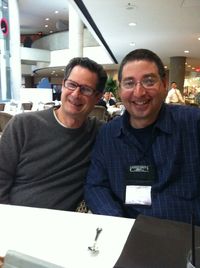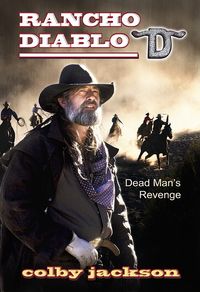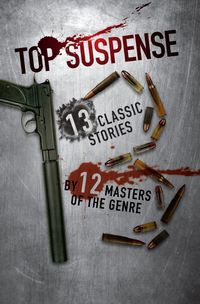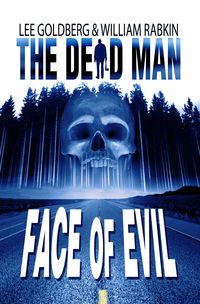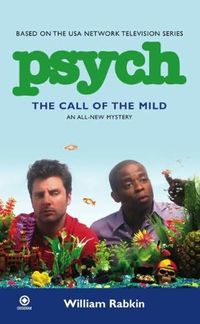 The talk of the Romantic Times conference, at least among the published authors, was the e-volution of publishing. I was fortunate enough to spend time with two authors at the forefront of it all…Barry Eisler and Boyd Morrison.
The talk of the Romantic Times conference, at least among the published authors, was the e-volution of publishing. I was fortunate enough to spend time with two authors at the forefront of it all…Barry Eisler and Boyd Morrison.
Barry and I got together for breakfast and, while I can't go into details of what we discussed, he has some very innovative, creative, and ambitious plans for self-publishing his books. He's definitely given his controversial decision to walk away from a $500,000 book deal, and how best to capitalize on the ebook/self-publishing market, a lot of careful thought and there's no question in my mind that he will be successful.
It occurred to me that one major advantage that all of us who were published before have going for us as we enter the self-publishing world…which the newbies flooding the Amazon, Smashwords, etc. do not… is a network of other published, successful authors we can reach out to for blurbs, advice, cross-promotion, recommendations, etc. Those relationships, and that wealth of shared experience, will give us a considerable edge in the marketplace and a way to rise above the tsunami of swill for a while to come.
After our breakfast, I headed to the RT booksigning event…which was,without a doubt, unlike any booksigning I've ever attended in my career. There were hundreds of authors and thousands of fans. It was amazing. 
I was sandwhiched between a woman who wrote "man on man erotica" and Colleen Gleason (aka Joss Ware). Colleen and I passed the three hours, between signing scores of our books, talking about — what else? — ebooks and self-publishing. She's concerned, like many other authors I talked to, about this race to the bottom, in which authors are pricing their books at 99 cents in a desperate effort to sell books or crack the top 500 rankings.
After the big signing, I got together with Brett Battles, Robert Gregory Browne, and Boyd Morrison for a late lunch…which went so long, it almost became an early dinner. We had a great time talking shop and just about every aspect of the ebook/self-publishing/"traditional" publishing biz.
Boyd, you may recall, was the first Kindle sensation…and quickly got snapped up by a big six publisher with a rich, multi-book contract. He's now published in print world-wide. His take on the Amanda Hocking deal, from his uniquely informed perspective, was very interesting (without going into details, essentially he thinks it's a no-lose situation for her, even in the unlikely event that her books under the deal fail). I came away from that long, liesurely lunch with a lot to think about.
I had a great time at the RT conference…it certainly exceeded my expectations. But the best part for me wasn't any of the programming…it was talking shop with my fellow authors.
(Pictured: One corner of the vast signing hall as it was beginning to fill up. And Joanna Bourne, Stephanie Bond, and Rhys Bowen)



